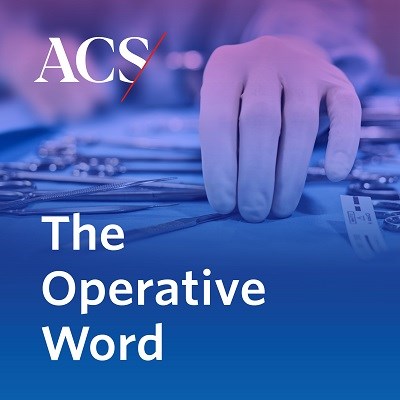Good communication is a key to the success of any organization, so the 2022 ACS Leadership Survey inquired about the use and satisfaction of communication vehicles from the ACS.
The quantitative survey was distributed to ACS volunteer leaders, including members of the Advisory Councils, Board of Governors, and more than 20 additional ACS Committees in September 2022. A total of 470 responses were received for a response rate of 63%.
Respondents were asked how they receive and consume content from the ACS and their preferred vehicles for news and information. Email is the overwhelmingly preferred platform for ACS communications, with 89% of respondents indicating that it is one of the top three methods by which they prefer to receive ACS communications. Journal articles and newsletters were essentially equally listed in the top three methods (19% and 23%, respectively) but lagged far behind email in popularity.
Most social media sites (i.e., YouTube, Facebook, LinkedIn, Instagram) were not frequently used except for Twitter. Twitter was as popular as journal articles and more popular than the ACS Online Communities. A follow-up question was asked about interest in receiving education or training to use social media at work. More than half (54%) of the respondents were not interested, 38% were interested. Regarding frequency of communications from the ACS, the greatest preference was for weekly (53%), followed by monthly (38%).
Regarding which ACS programs, services, or communication vehicles were used or accessed by the respondents, the ACS website (78%), JACS (77%), and the Bulletin (75%) were the top ranked. Satisfaction with ACS resources was highest for SESAP (98% extremely/somewhat satisfied). Also receiving high satisfaction scores (>90%) were the Surgical Readings from SRGS podcast, the Red Book, ACS SurgeonsVoice, JACS, the Bulletin, the Gold Book, and topic-specific videos.
Respondents were most interested in receiving information on clinical practice or consensus recommendations on surgery (69%), quality programs (58%), ACS political, legislative, or regulatory initiatives (54%), and status reports on key ACS programs, services, or initiatives (54%). Career or job opportunities were of least interest.
Specific open response comments included recommendations that the website be improved such as easier navigation and to avoid information overload with too many emails.
This article is the first in a series of brief summaries focusing on the results of the Leadership Survey. Other topics that will be explored in future articles include:
- Advanced Practice Providers
- Compensation
- DEI & Wellness
- Leadership Communications Assessment
- Surgical Volunteerism











